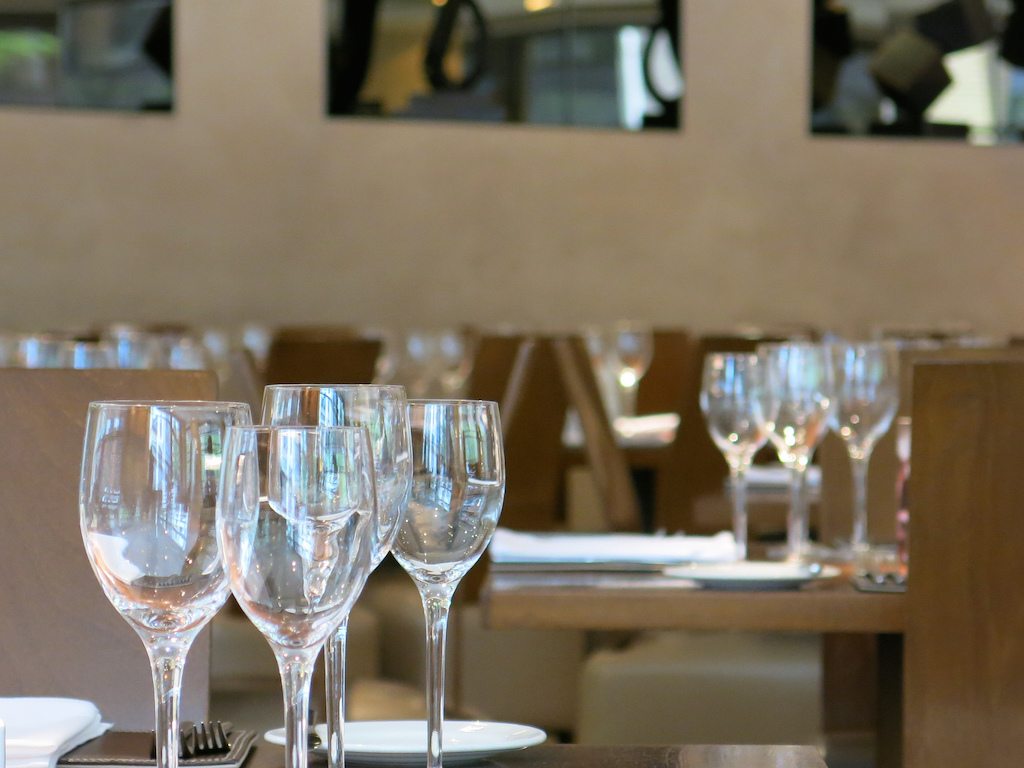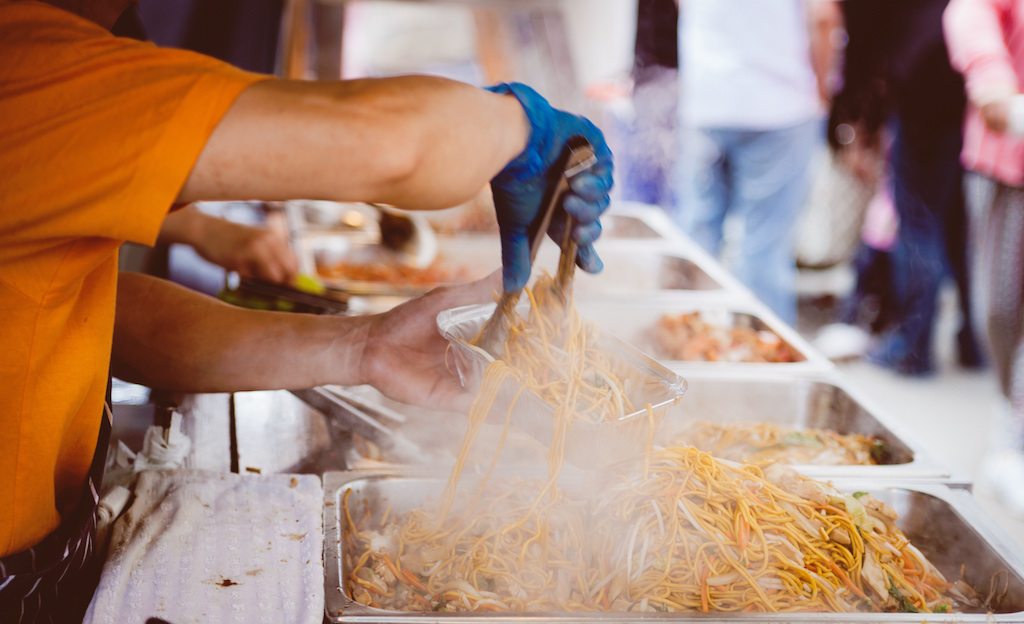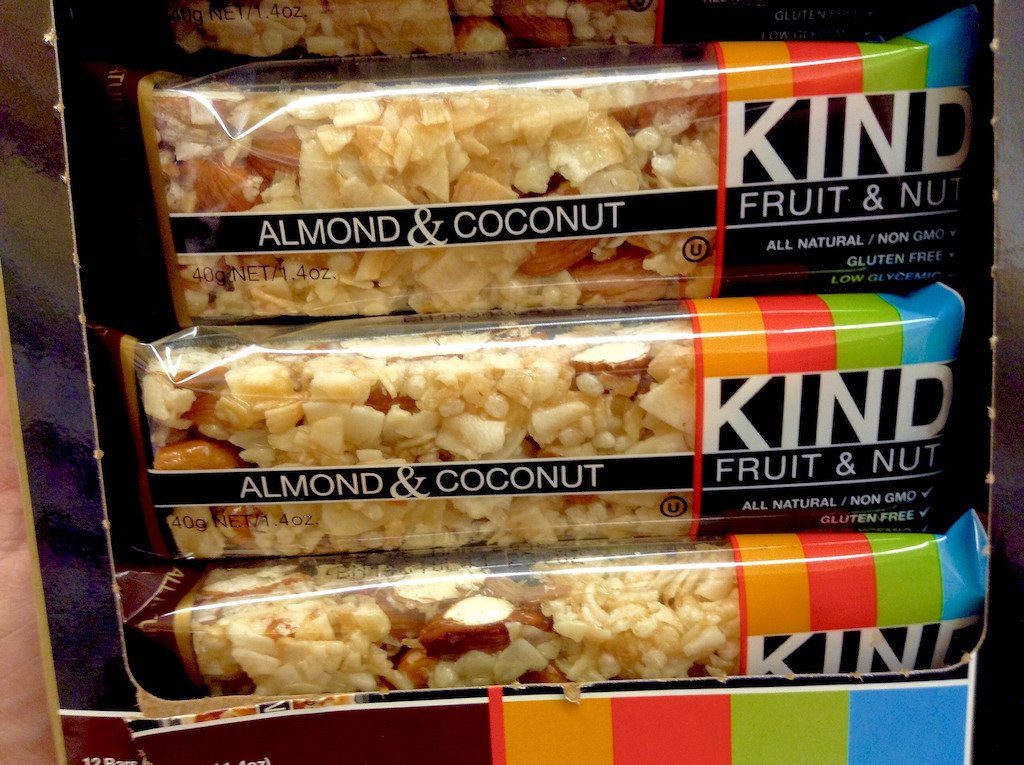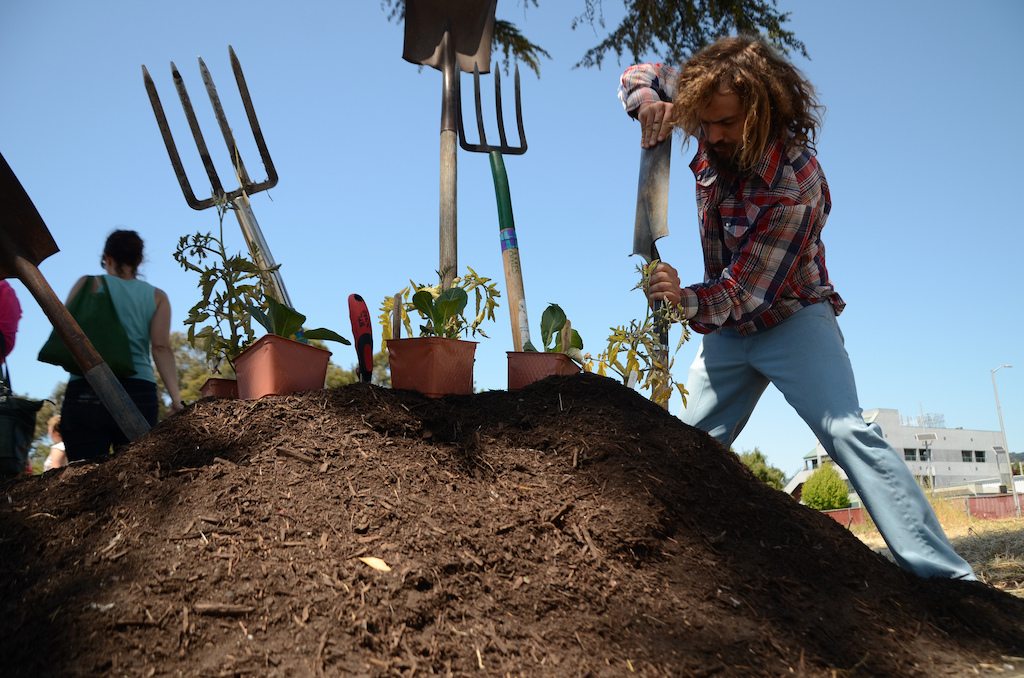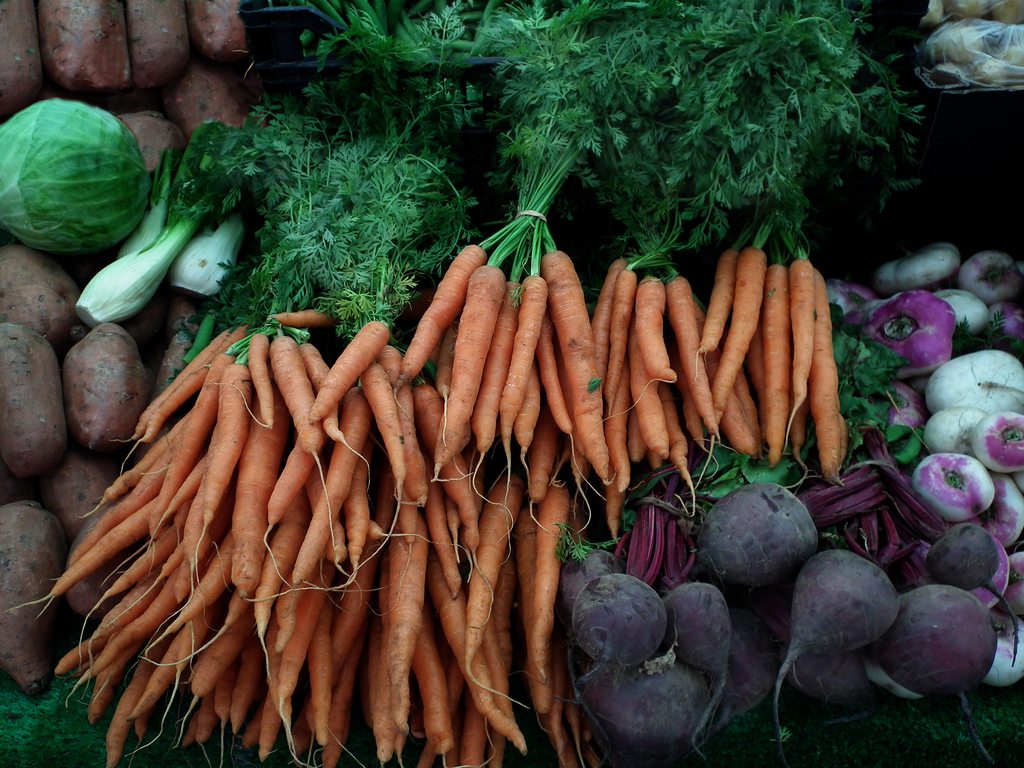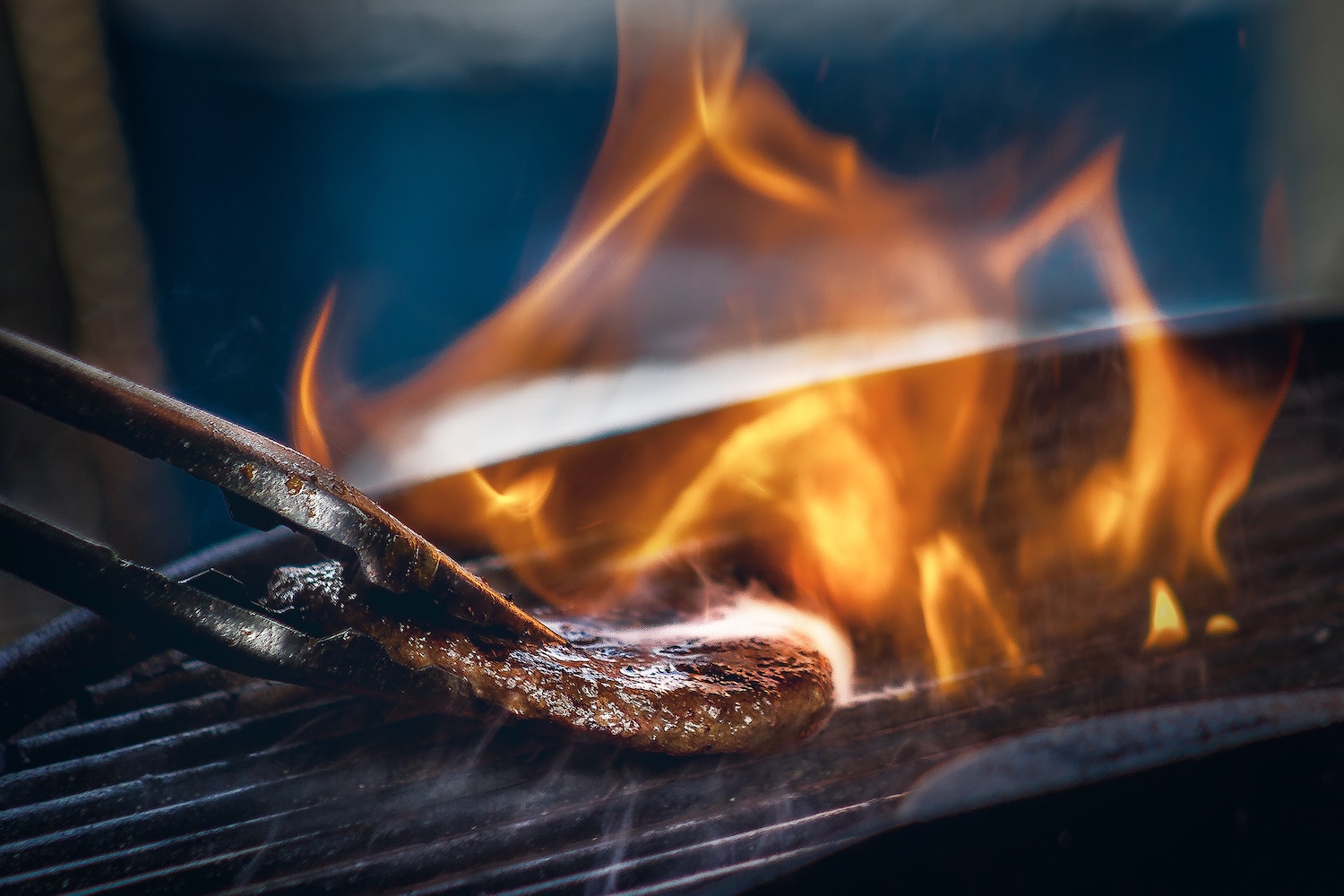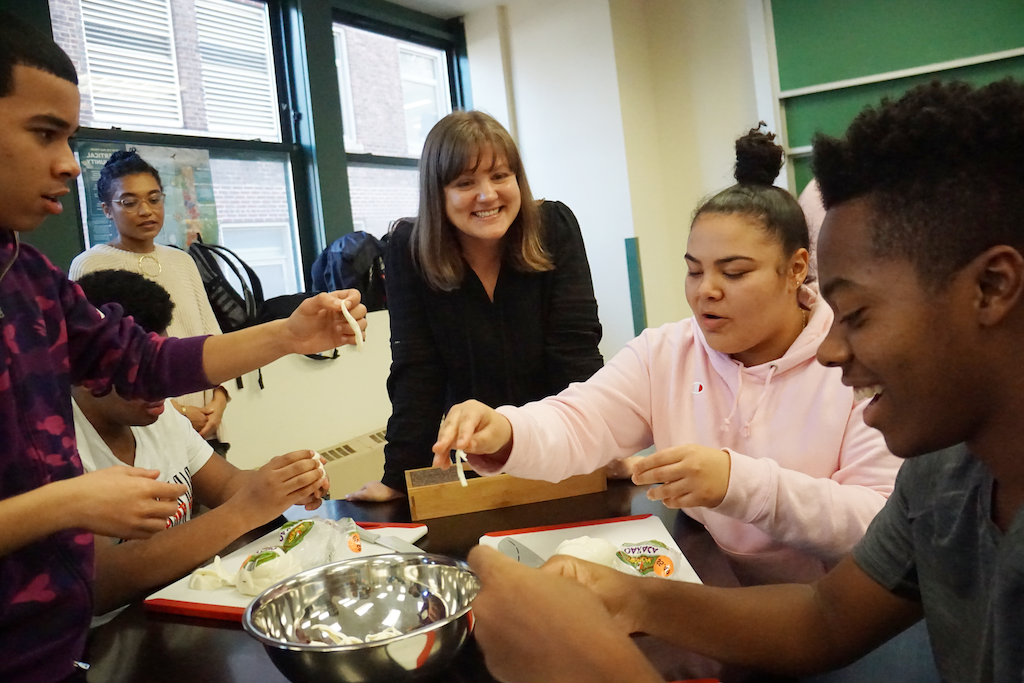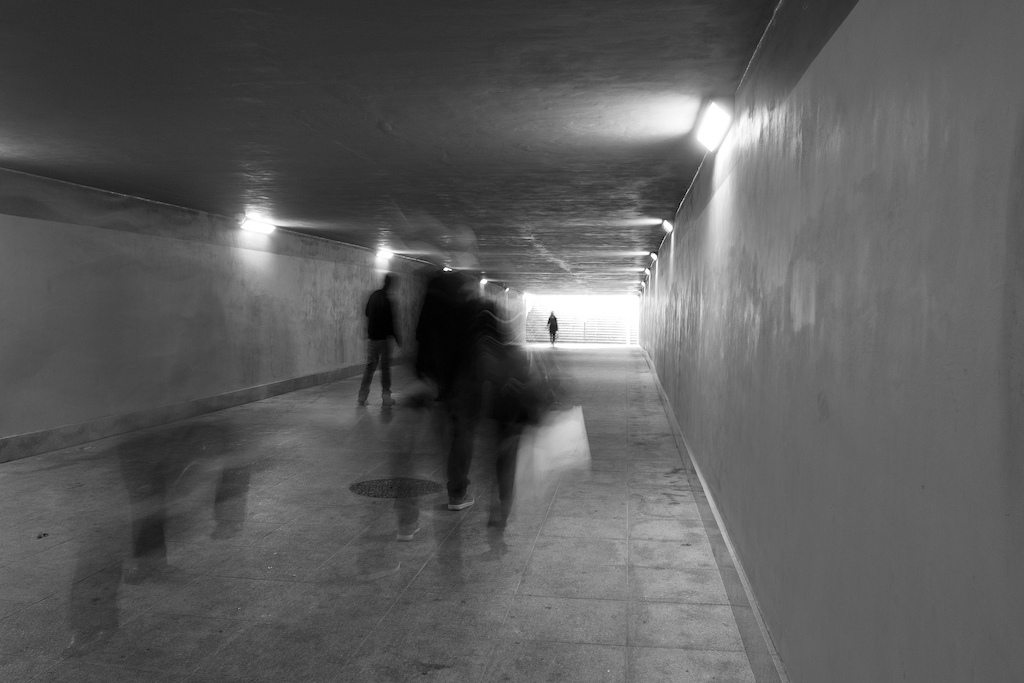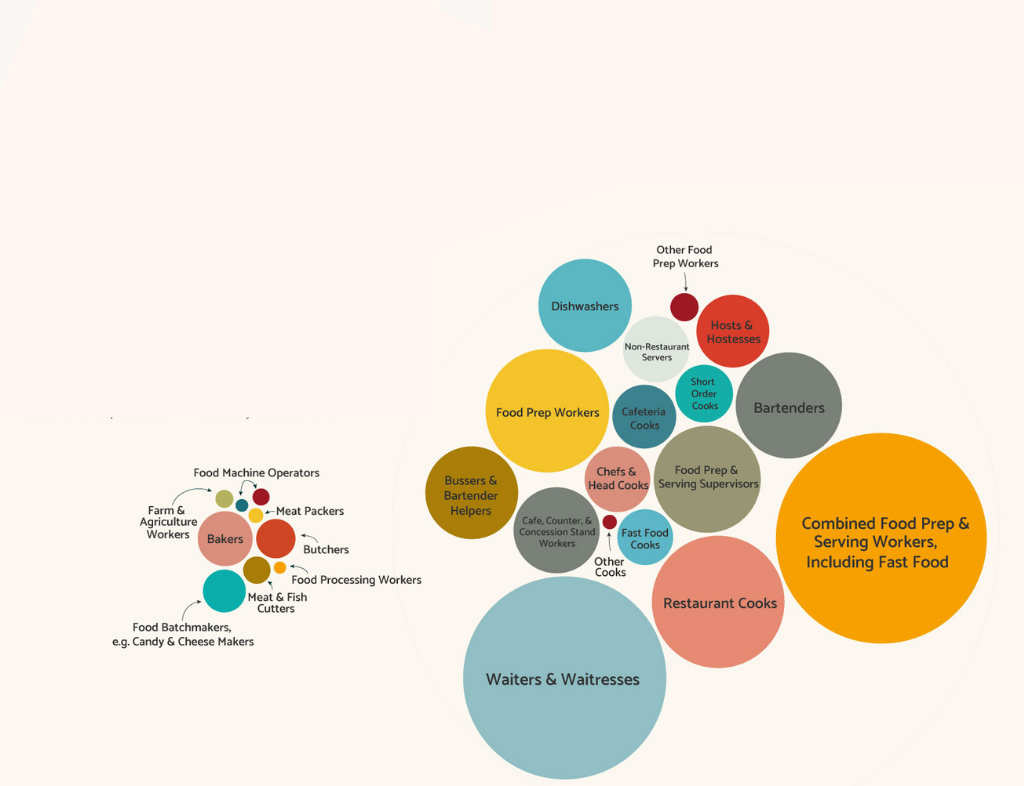Having reservations. Admit it, you’ve done this: made a Friday night dinner reservation at three different restaurants, thinking you don’t know how you’ll feel until that night, or if you’ll still want Moroccan (or, for that matter, the person you’re dining with), or if the table you were able to get at restaurant one will be as good as the table you might get at restaurant two.
And then, when Friday night arrived, you shored up your plans, kept one reservation, and ghosted on the other two. Yes, that’s what you did—you ghosted. The industry calls you a “no-show”, but really, you’re a gastronomic ghoster. And you are breaking restaurateur hearts.
Restaurant reservation systems are not an exact science. For owners, managing nightly bookings is a frictious routine akin to the dance we do when monitoring replies to our “birthday drinks” invite. (I can see they opened it! Why won’t they RSVP?) Diners reserve and cancel, reserve and cancel, and owners have to move swiftly to fill open seats. But often it shakes out like a bad trip on a cheap airline: owner overbooks in anticipation of no-shows > more than expected show > diners aren’t accommodated > diners get pissed.
“Overbook and have a bar to wait in. That’s the business model now,” Nick Kokonas, founder of Chicago-based ticketing reservation system, Tock, told The San Francisco Chronicle. “That’s bad hospitality.” Nobody wins in reservation roulette. And for owners, who are already working with notoriously meager margins, it makes running a restaurant even harder.
One reason for rampant no-shows may be that diners don’t necessarily make an emotional connection to a restaurant’s bottom-line concerns. But here’s a way to think about it, in terms that should resonate with any concerned eater: “Guests want great product, and great product is fragile–whether that’s fresh fish flown in or delicate artisanal greens,” said Bobby Stuckey, co-owner of Frasca Food and Wine in Boulder, Colorado, in a statement he gave to the National Restaurant Association. “It’s overwhelming to think about how much waste can be generated on a Friday night if 15% of our guests are no-shows.”
Something of a reservation-reform movement has sprung from the broken old phone-and-guest-book model. Restaurants and online booking systems are now experimenting with cancellation fees, credit card number requirements, prepaid meals, and no-show blacklists. But those have had mixed results, perhaps because penalties can scare potential diners off.
Online reservation systems like OpenTable have made it easy for diners to reserve, cancel, and modify reservations in a matter of moments—technology that OpenTable says results in a 20 percent reduction in no-shows. But bailing on bookings remains such an issue that the San Francisco-based company has partnered with chef and restaurateur Michael Voltaggio (of Top Chef repute) on a PSA in an effort to get diners to do their part.
https://youtu.be/iEVuWog6hO4
The #bookresponsibly campaign message echoes an uncomfortably familiar refrain from our disconnected, digital lives: “Restaurants, like most of us, just want to know where they stand.”
Meanwhile, Kim Alter, chef-owner of San Francisco’s Nightbird, puts it more bluntly: “I wish diners knew how hard it is to run a restaurant…. If we didn’t have our cancellation policy, we would probably not make it.”
The message is simple: Cancelling is cool. Just, you know, call! (Or, you know, use the app.)
